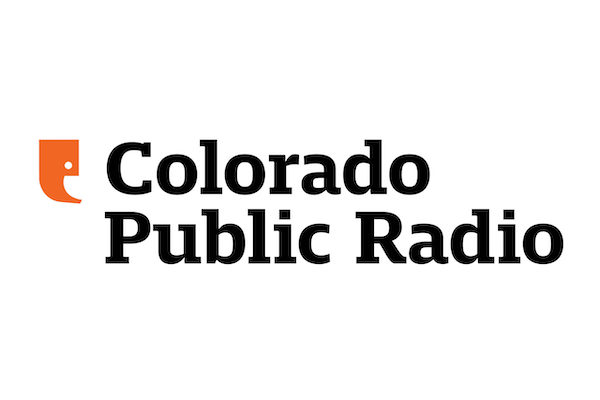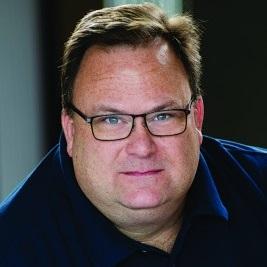Aurora Theater Survivors; Bennet On Health Care Debate; Newly-Reopened Ute Museum
Five years after the Aurora Theater shooting, we check in with husband and wife Caleb and Katie Medley. Caleb was shot in the head while Katie escaped uninjured along with their unborn baby, whom she later gave birth to while her husband was in a coma. Caleb had been pursuing a comedy career before the attack and says the biggest challenges he faces now are being confined to a wheelchair and having trouble speaking. Then, Senator Michael Bennet talks about the future of the health care debate and what he’d do to improve on the current system. Plus, a contemporary view of the Ute Indians in their newly renovated museum.










